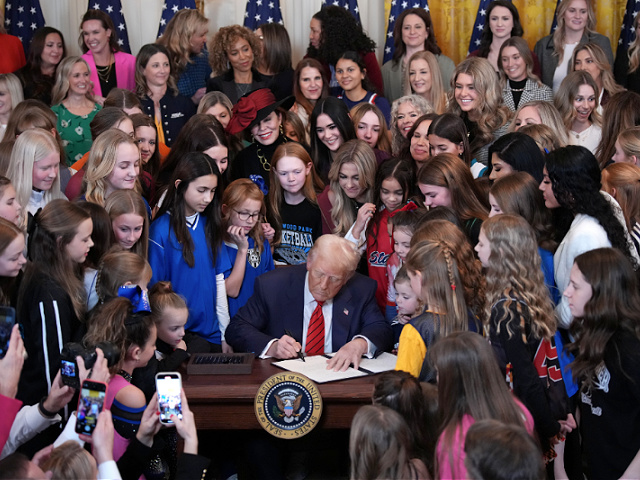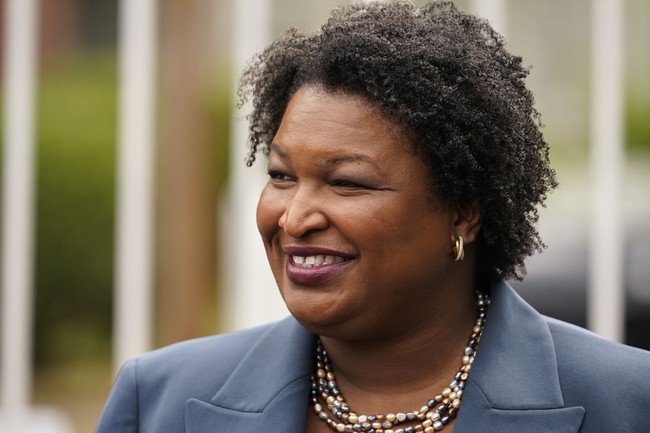Judge Allows Elon Musk's DOGE to Continue Amid Legal Challenges

A federal judge allowed Elon Musk's Department of Government Efficiency to continue its operations while raising concerns about his unchecked authority. The case involves multiple states contesting wrongful firings and data access.
A judge on Tuesday declined to immediately block Elon Musk's government efficiency department from directing firings of federal workers or accessing databases, but indicated that the case raises significant concerns regarding Musk's apparent unchecked authority as a top deputy to President Donald Trump.
Washington-based U.S. District Judge Tanya Chutkan denied a request from over a dozen states for a judicial order that would bar the Department of Government Efficiency (DOGE) from accessing computer systems at seven federal agencies or purging government workers while litigation progresses.
Musk, recognized as the world's wealthiest person, leads DOGE, which plays a central role in executing the Republican president's plans for downsizing and reforming the federal government.
In her ruling, Chutkan acknowledged that the states "legitimately call into question what appears to be the unchecked authority of an unelected individual and an entity that was not created by Congress and over which it has no oversight." However, she stated that the states had not demonstrated why they deserved an immediate restraining order.
The lawsuit aimed to prevent DOGE from accessing information systems or terminating employees at the departments of Labor, Education, Health and Human Services, Energy, Transportation and Commerce, as well as at the Office of Personnel Management.
Chutkan noted that she could eventually rule in favor of the states but deemed their request for an emergency court order too broad and speculative.
Representatives for the White House did not immediately respond to inquiries for comment.
Arizona Attorney General Kris Mayes, one of the officials involved in the case, expressed in a statement that her office would "continue to fight in court to protect the rights of all Arizonans from unconstitutional executive overreach."
DOGE has significantly impacted federal agencies, eliminating thousands of jobs and dismantling various programs since Trump returned to office last month, placing Musk in charge of what they characterize as wasteful spending for a larger government overhaul.
The states contended that Musk holds power typically reserved for a government officer nominated by the president and confirmed by the Senate under the Appointments Clause of the U.S. Constitution. They argue that DOGE itself lacks congressional authorization and that its actions jeopardize the states' ability to execute educational and other programs.
The lawsuit charged Musk's team with unlawful data access at federal agencies and directing a purge of some 2.3 million federal employees. This legal action was initiated by more than a dozen states, announced by state attorneys general from New Mexico, Michigan, and Arizona.
"The court is aware that DOGE's unpredictable actions have resulted in considerable uncertainty and confusion for Plaintiffs and many of their agencies and residents. But the 'possibility' that defendants may take actions that irreparably harm plaintiffs is not enough," Chutkan remarked.
Chutkan, appointed by Democratic former President Barack Obama, also oversaw a criminal case against Trump pertaining to his attempts to overturn the 2020 U.S. election loss, which the Justice Department eventually dropped.
Around 20 lawsuits have been filed in various federal courts challenging Musk's authority, yielding mixed outcomes.
U.S. District Judge Jeannette Vargas in New York recently extended a temporary order blocking DOGE from accessing Treasury systems responsible for significant financial transactions. However, on Monday, Washington-based U.S. District Judge Randolph Moss opted not to block the U.S. Department of Education from granting DOGE access to its internal systems, which contain sensitive federal financial aid information relating to millions of Americans.
Most judges overseeing DOGE-related cases have yet to issue final rulings.


:max_bytes(150000):strip_icc():focal(714x291:716x293)/Jocelynn-Rojo-021925-f0555648e3de472ba7a6c9416d6cdb86.jpg)


















